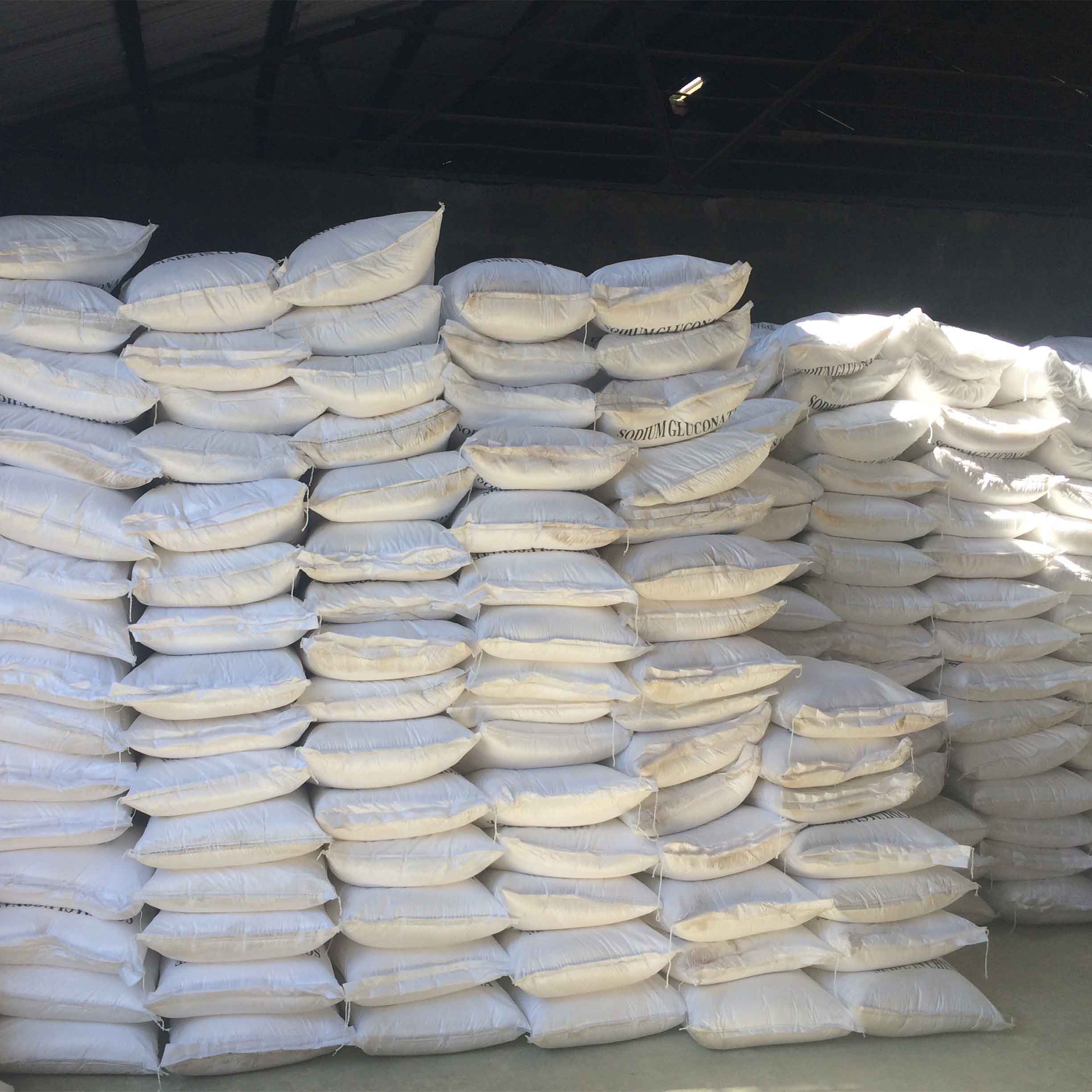
Aug . 07, 2024 09:30 Back to list
Effective Potash Fertilizer Solutions for Enhancing Tomato Growth and Yield in Your Garden
The Importance of Potash in Tomato Fertilizer A Key to Healthy Growth and Abundant Harvests
Tomatoes are one of the most popular vegetables grown worldwide, cherished for their flavor, versatility, and nutritional benefits. However, to achieve a bountiful harvest of healthy tomatoes, proper fertilization is crucial. Among the various nutrients essential for tomato growth, potash, or potassium, plays a vital role. This article delves into the significance of potash in tomato fertilizer, its benefits, and best practices for application.
Understanding Potash and Its Role in Plant Growth
Potash is the term used to refer to potassium compounds, commonly found in fertilizers. It is represented by the chemical symbol K and is one of the three primary nutrients needed for plant health, alongside nitrogen (N) and phosphorus (P). Potassium is essential for numerous physiological processes within plants, including water regulation, enzyme activation, and photosynthesis. It helps in the formation of starches and sugars, which are vital for energy production.
For tomato plants, adequate potassium is crucial for robust growth and fruit development. It enhances the quality of the tomatoes, contributing to their color, taste, and firmness. Moreover, potassium improves a plant's tolerance to drought and disease, ultimately leading to more resilient crops.
The Benefits of Potash in Tomato Fertilizer
1. Improved Fruit Quality Potash significantly influences fruit size, taste, and shelf life. A sufficient supply of potassium results in tomatoes that are larger, juicier, and have a better flavor profile. This is particularly important for commercial growers who must meet consumer expectations for high-quality produce.
2. Enhanced Resistance to Stress Tomatoes are susceptible to a variety of stresses, including drought, diseases, and pests. Potassium helps strengthen the plant's cell walls, making them more robust and less vulnerable to environmental stresses. This resistance is critical for maintaining healthy plants throughout the growing season.
3. Increased Yield Proper potash levels contribute to higher yields. Studies have shown that potassium enhances root development, which improves nutrient uptake and overall plant vigor. Consequently, farmers can enjoy more abundant harvests, leading to increased profitability.
potash tomato fertiliser

4. Balanced Nutrient Uptake Potash helps regulate the intake of other nutrients. It improves the plant's ability to use nitrogen and phosphorus efficiently, ensuring a balanced nutrient profile that supports vigorous growth and fruit production.
Best Practices for Applying Potash in Tomato Fertilizers
To effectively utilize potash in tomato cultivation, it is important to follow recommended guidelines
1. Soil Testing Before applying any fertilizer, conduct a soil test to determine the existing nutrient levels, including potassium. This will help you understand the specific needs of your soil and plants, allowing for precise fertilization.
2. Choose the Right Fertilizer Opt for fertilizers that have an appropriate ratio of N-P-K (Nitrogen-Phosphorus-Potassium) tailored for tomatoes. Look for products specifically formulated for fruiting vegetables with adequate potash content.
3. Timing and Method of Application Apply potash during the early stages of growth to ensure that plants have adequate nutrients during critical development phases. Incorporate it into the soil or use foliar sprays to enhance absorption.
4. Monitor Plant Health Regularly observe your tomato plants for signs of nutrient deficiency or excess. Adjust your fertilization approach based on the plants' responses to ensure optimal growth.
In conclusion, potash is a vital component of tomato fertilizers, contributing to fruit quality, plant health, and overall yield. By understanding its importance and following best practices for application, growers can cultivate healthy, resilient tomato plants that yield high-quality fruits. Emphasizing proper potassium management in tomato cultivation is not just a best practice; it is a pathway to successful and sustainable gardening and farming.
-
Premium 10 10 10 Fertilizer Organic for Balanced Plant Growth
NewsJul.29,2025
-
Premium 10 10 10 Fertilizer Organic for Balanced Plant Growth
NewsJul.29,2025
-
50 Pound Bags of 13-13-13 Fertilizer for All Plants – Bulk & Organic Options
NewsJul.28,2025
-
High-Efficiency 15-30-15 Granular Fertilizer for Healthy Crops
NewsJul.28,2025
-
15-30-15 Granular Fertilizer for Optimal Crop & Lawn Growth
NewsJul.27,2025
-
Premium 10 10 10 Water Soluble Fertilizer for Fast Plant Growth
NewsJul.26,2025
